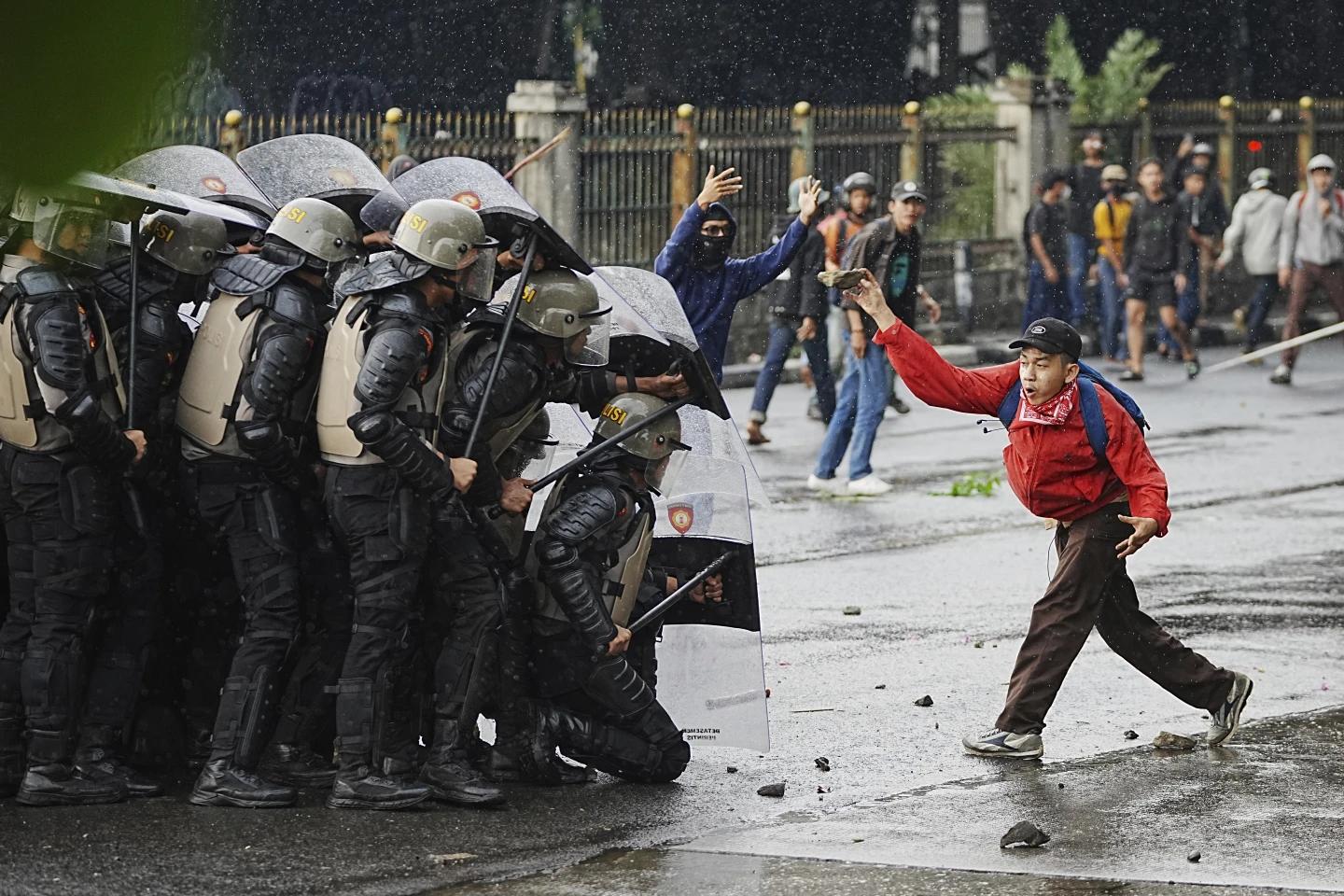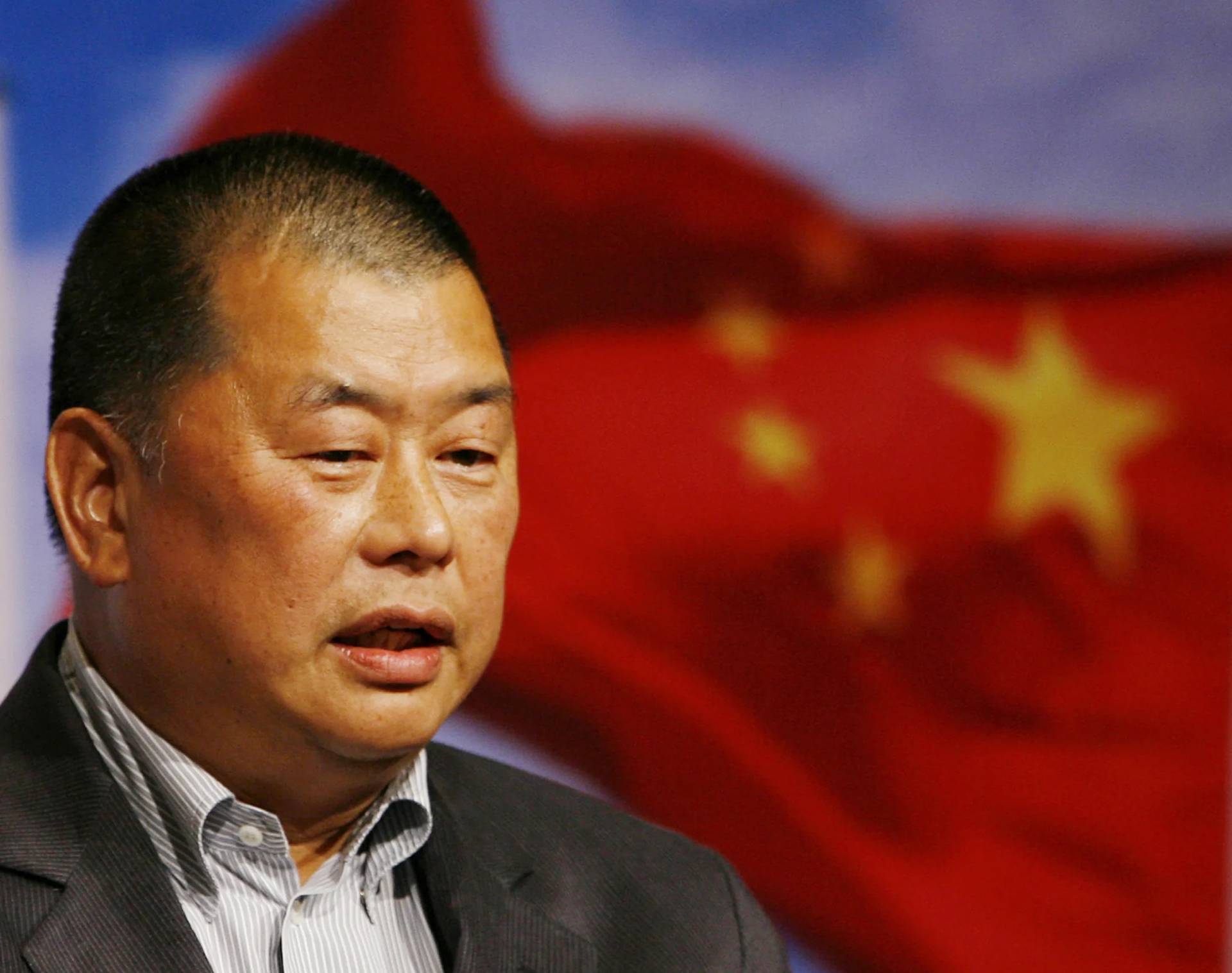MUMBAI, India – As Indonesia grapples with a deadly wave of protests representing its most serious wave of political instability in years, the country’s Catholic bishops are blaming the unrest on “unwise and unjust words, actions” by the country’s government under President Prabowo Subianto.
“We are concerned and pained to witness the violence and anarchic actions in several regions of our beloved country, Indonesia,” said Bishop Antonius Subianto Benjamin, President of the Indonesian Bishops’ Conference, in comments to Crux.
“This situation appears to have occurred due to great disappointment with the unwise and unjust words, actions, and policies adopted by specific individuals in the government, representatives of the people, and officials,” Benjamin said.
So far at least eight people have been killed amid the uprisings, which began amid protests over controversial housing perks for members of the country’s parliament, representing more than ten times the country’s minimum wage, at a time when many Indonesians are trapped between stagnant or falling wages and rising costs of living.
Unrest exploded nationally on Aug. 28 when an armored police vehicle struck and killed a 21-year-old rideshare driver named Affan Kurniawan amid clashes between police and protestors in the national capital of Jakarta.
In response, looters attacked the residences of lawmakers and government officials in various parts of the country, triggering a cycle of at least 3,200 arrests, including more than 1,200 in Jakarta alone. A human rights group also claims that at least twenty people are missing amid the chaos.
Schools and universities in Jakarta have switched to online classes to avoid public exposure for students and faculty, and civil servants have been urged to work from home.
Prabowo on Sunday announced a political deal to reduce the benefits enjoyed by members of parliament, but it remains unclear if that will be enough to defuse smoldering national anger, rooted in part in part in perceptions that his government is more beholden to military and business elites than ordinary people.
Amid the tensions, the country’s Catholic leadership, representing just three percent of the population in the world’s largest Muslim nation, is largely backing the legitimacy of the protests while calling for calm.
“We express our sympathy to our brothers and sisters who have been injured, and [we] express our sorrow for the loss of life while fighting for truth and justice, as well as for those who are wounded and suffering,” Benjamin told Crux.
“We urge all institutions, executive, legislative, and judicial, to humbly listen to the hopes and interests of the people, especially our brothers and sisters who are vulnerable, poor, and experiencing injustice,” he said.
The bishops also called on the government “to correct and even cancel plans, policies, and actions that violate the people’s sense of justice, increase the burden on society, and further injure our suffering brothers and sisters.”
On Monday, Prabowo held a listening session in the Presidential Palace in Jakarta involving politicians, representatives of civil society and religious leaders, with Benjamin expressing thanks to political leaders for “their commitment to revoking multiple regulations that may have disappointed the people and contributed to the demonstrations.”
“We heard the government’s commitment to improving various programs for the people’s welfare, prioritizing services for people with low incomes, and the responsibility to correct all policies and actions that burden people,” he said.
Amid calls from the United Nations and other observers for investigations into possibly excessive uses of force by security services, Benjamim issued a call for restraint.
“We urge the security forces to protect all citizens and always prioritize humane approaches to mass demonstrations,” he said.
“Let us refrain from the temptation to commit provocative and criminal acts that cause damage and loss and disrupt national peace and unity,” the bishops’ conference president said. “While doing any mass demonstration, let us keep promoting human dignity and protecting public facilities used daily by people, particularly those with low incomes.”













